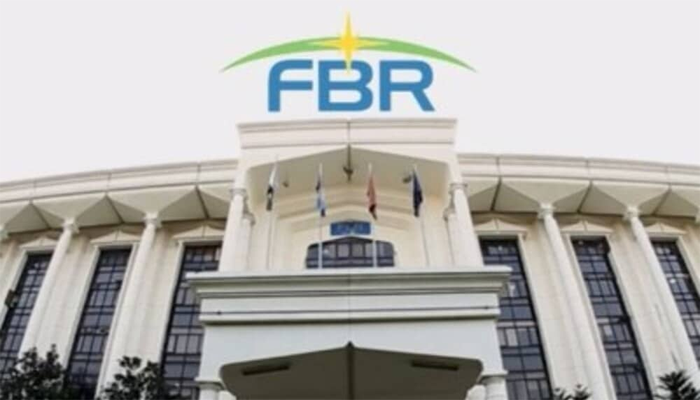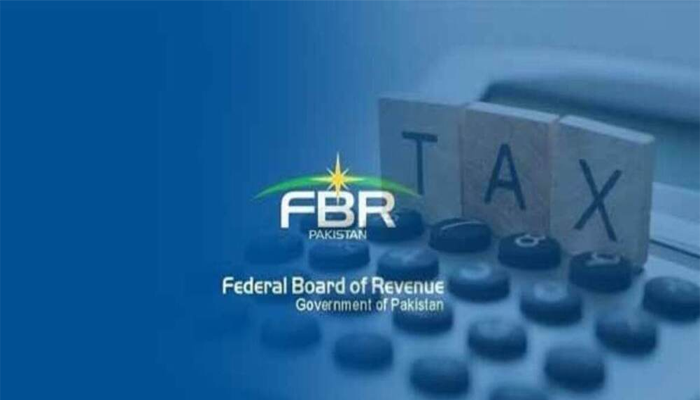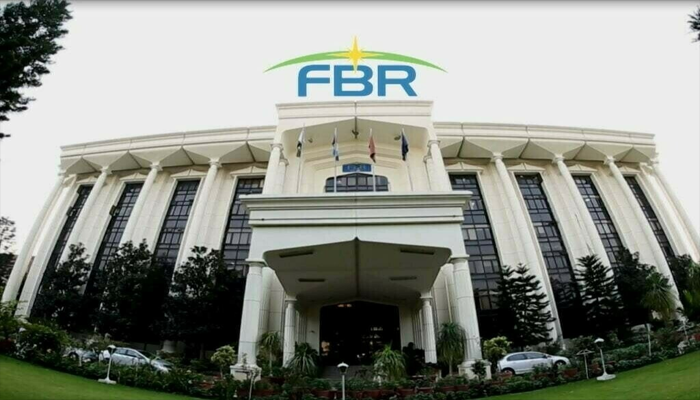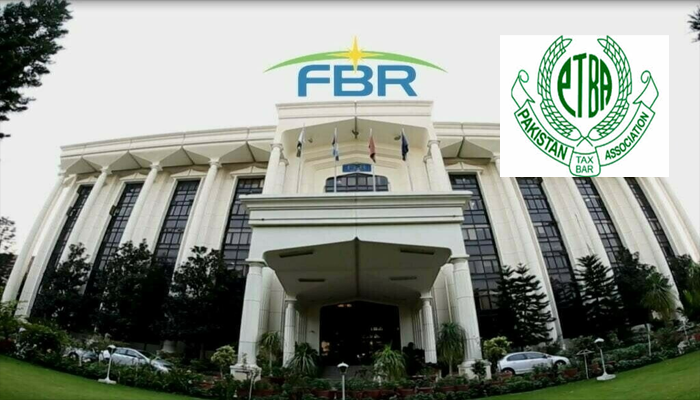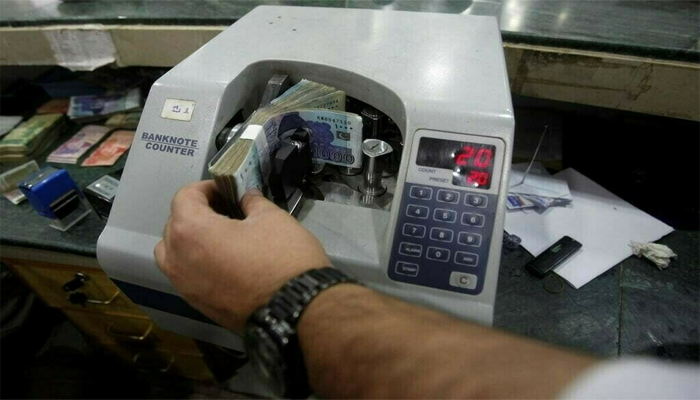ISLAMABAD: A prominent tax advisory chamber, Friends of Pakistan, has raised serious concerns over the ongoing transformation initiatives at the Federal Board of Revenue (FBR), particularly the introduction of faceless assessments. The chamber argues that rather than eliminating corruption, the new system has created more delays and inefficiencies.
According to the chamber, the move to faceless assessments was meant to streamline the clearance process and curb corruption. However, it claims that the reality has been the opposite, with over 50 percent of Goods Declarations (GDs) now requiring a second review by Deputy or Assistant Collectors, which consumes more time than the previous system. As a result, demurrages and overhead costs have significantly increased.
The chamber's report highlights that only GDs which are either cleared through the green channel or those that involve some form of ‘greasing the palm’ are processed swiftly. This, it says, undermines the entire purpose of the faceless assessment system. Furthermore, the firm proposes a system audit of the WeBOC platform to check the delays in clearances, overall impact on revenues, and the rise in the number of green channel importers. It also questioned the role of Deputy/Assistant Collectors in the system, suggesting that they either waste time or engage in extortion practices.
The chamber also criticized the new rating and reward system introduced within FBR. It stated that the current system lacks transparency and has resulted in inefficient workers benefiting, while competent and diligent employees are left at a disadvantage. Lower staff at various offices, such as LTU Karachi and Islamabad, have even staged protests demanding extra rewards or salaries, coinciding with the fiscal year’s final quarter when the department needs to focus on collecting more taxes.
The firm has called on the Prime Minister to intervene and address these ongoing issues. It has urged for more transparency in the ratings system and recommended that officers' performance ratings be visible to them, allowing for better accountability. The chamber’s letter emphasized that both current and past FBR managements have failed to achieve their objectives due to inefficiency and poor administration, calling for urgent reforms to improve the department's performance.

